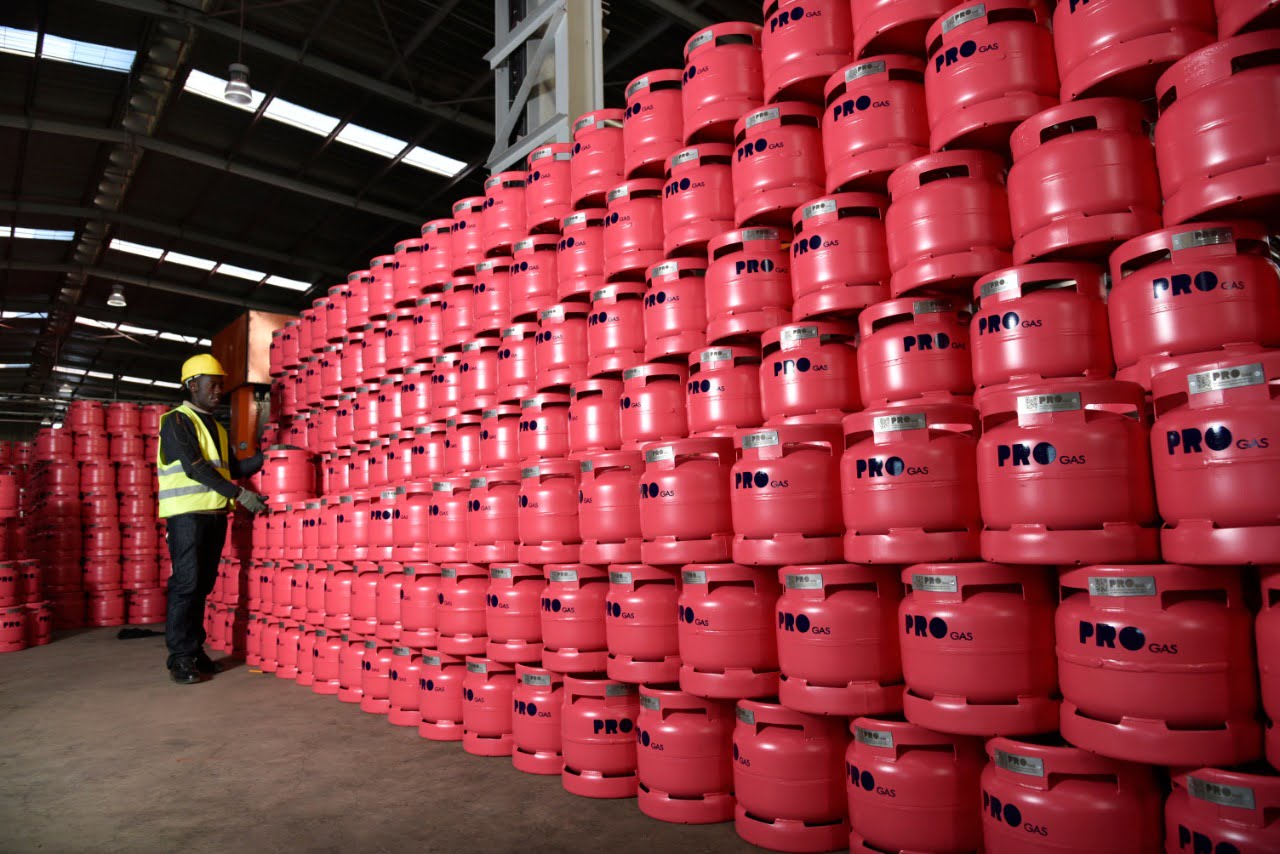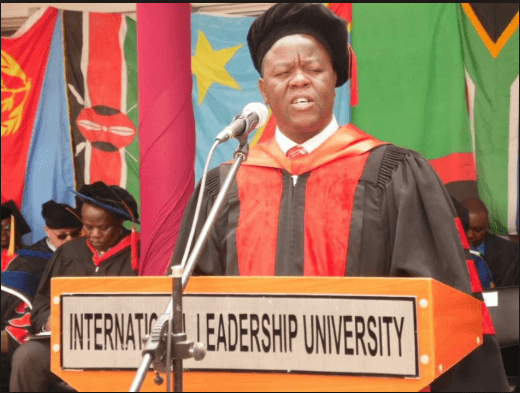Kenya Airports Authority (KAA) is facing heavy criticism after a scandal erupted over the delayed expansion of Malindi Airport.
At the heart of the controversy is a land dispute that has left 100 acres of airport land in private hands. Legislators are accusing KAA of gross mismanagement, deception, and possible financial cover-ups.
Despite claims that it owns the land, KAA cannot produce essential documents or reclaim the property, which a church and a jet fuel depot now occupy. The Authority’s credibility and operational competence hang in the balance as pressure mounts.

KAA Malindi Airport Land Dispute Shows Deeper Flaws in Management
The storm surrounding the Malindi Airport land dispute exploded when KAA officials appeared before the National Assembly’s Public Investments Committee on May 13. MPs grilled them over their failure to explain how public land meant for airport expansion was handed over to private entities without proper authorization.
KAA acting CEO Nicholas Bodo stated that the Authority still held a valid title deed for the land. But legislators were not convinced. They fired back, asking how a church and a private fuel company now occupied the land if KAA truly owned it.
The committee demanded transparency, requesting copies of any agreements between KAA and the private entities in question. The lawmakers emphasized that without documentation, KAA’s claims were not only weak but possibly fraudulent.
The airport land, which has strategic importance for expanding tourism and air connectivity on the coast, has become a symbol of what critics describe as systemic rot within Kenya’s public institutions.
Instead of spearheading development, KAA stands accused of blocking it due to negligence and secrecy. Despite being given 24 hours to present a 1996 title deed and a detailed report of their engagement with the jet fuel depot, KAA failed to comply during the session.
This absence of accountability triggered harsh warnings from the committee. MPs declared that if KAA could not resolve the issue, it would be seen as a sign of institutional collapse.
Lawmakers Slam KAA Over Lack of Transparency
One of the most disturbing revelations was KAA’s inability to provide clear records of its financial dealings and land agreements. Nyeri Town MP Duncan Mathenge raised the alarm that KAA might be manipulating financial reports to mislead Parliament.
Such a move, if true, could point to an even broader scheme of corruption and fraud. The MPs demanded to see any concession agreements, lease records, or minutes of meetings that show how the land was handed over or rented to private users.
However, no such documents were produced. Instead, KAA’s vague answers and shifting narratives only deepened suspicions. The committee noted that if a state agency like KAA cannot trace or secure its land, then it exposes national assets to exploitation.
Lawmakers also emphasized the impact of the KAA Malindi Airport Land Dispute on the local economy. The stalled airport expansion has delayed major tourism and transport projects that would benefit Malindi and the coastal region.
Without land access, new terminals, extended runways, or fuel infrastructure cannot be built, grounding economic growth and regional development.
Botched Malindi Airport Land Dispute Cripples Public Trust in KAA
The implications of the dispute stretch beyond Malindi. KAA’s failure to act decisively or transparently in this case raises red flags for all airport projects under its control.
Citizens and investors are left wondering: if KAA can lose track of land, what else is it mishandling?
While Bodo’s team insists they have the land title, the fact that they cannot enforce ownership weakens their position. Legislators described the situation as “dishonest and deceptive,” adding that KAA might be covering up internal failures to avoid public scrutiny.
This scandal threatens not only Malindi Airport’s future but also Kenya’s aviation credibility. International partners may hesitate to fund projects managed by an agency under investigation for land mismanagement.
To avoid a complete collapse in trust, the government must now consider stepping in. Whether through an independent audit, leadership changes at KAA, or direct repossession of the land, action is needed fast.











































